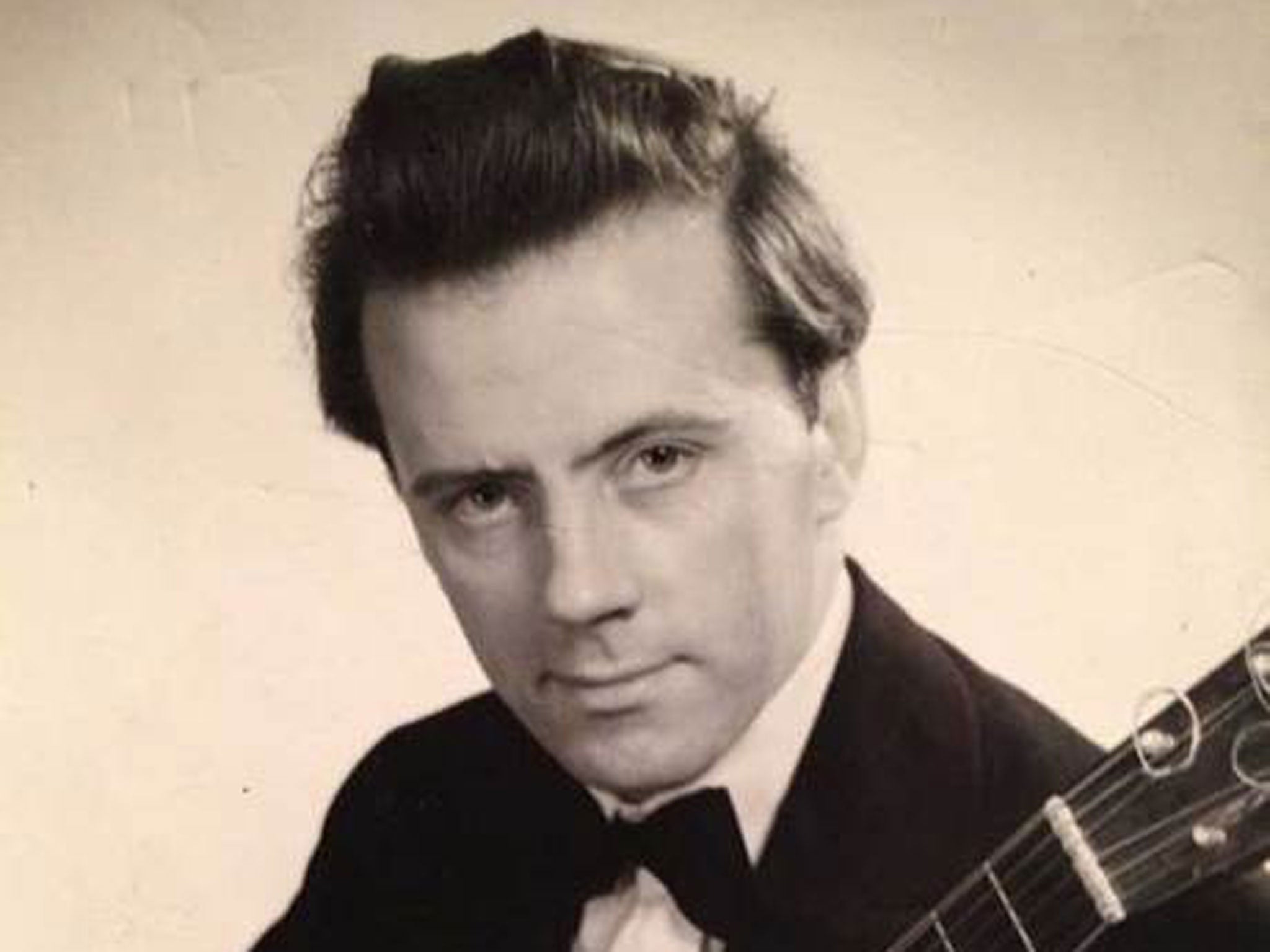Hector Quine: One of the leading classical guitarists of his generation whose teaching skills also nurtured younger talent
Quine was a performer of solid talent and admirable range who reintroduced the sound of the classical guitar to modern audiences

One of the leading guitarists of his generation, Hector Quine was a performer of solid talent and admirable range. Whether retrieving the long lost glories of Hans Jacob Mayer or championing more newly minted creations, it fell to Quine to reintroduce the sound of the classical guitar to modern audiences. In so doing, he made everyone aware that, far from being the object of contempt and derision, the instrument had a power and character all its own.
The son of a naval engineer, Hector Quine was educated as a boarder at Hextable College in Kent. However, like so many of his generation, his seemingly effortless progress was rudely interrupted by the outbreak of the Second World War. Spending four years in uniform, he served in the Army, seeing active service in both Egypt and Palestine.
Demobbed in 1948, he returned to London, taking guitar lessons from the renowned Russian émigré, Alexis Chesnakov. It was through Chesnakov that he first met fellow executants, Julian Bream and John Williams. Encouraged to try his hand at making his own instruments, this he did with conspicuous success.
As a performer he revelled in the unique opportunities afforded by the instrument, his colourful and virtuosic playing combining precision with unalloyed panache. His seemingly effortless delivery, unerring accuracy, warm tone and sensitive interpretations endeared him to audiences worldwide. Likewise, his sense of humour, generous spirit and impeccable timing won him colleagues' high regard.
As a teacher his input and experience proved pivotal in helping mould the creative personalities of many of Britain's most eminent practitioners. Appointed Professor of Guitar at Trinity College of Music in 1958, 12 months later he began a 28-year association with the Royal Academy of Music. From 1966 he happily shared these responsibilities with a similar role at the Guildhall School of Music and Drama.
Finding himself continually frustrated by a lack of well-edited repertoire, in typical style Quine set about filling the gaps himself. Initially his talents focussed on performers of moderate ability. Later, however his output encompassed much more challenging repertoire, major works by, among others, modern composers such as Richard Stoker, Alan Hoddinott, Arthur Wills and Stephen Dodgson.
Dodgson and Quine enjoyed a particularly warm and mutually productive friendship. Many of the composer's most successful pieces for the instrument were written with Quine in mind. These include the delightful Twelve Introductory Studies for the Guitar. Each is cleverly and precisely imagined, their structures handled with fluency and care.
In 1971 Quine distilled his extensive knowledge into what became an essential guide, Introduction to the Guitar. Equally authoritative was the later Guitar Technique.
Both, like his volume of scales and arpeggios compiled for the Associated Board of the Royal Schools of Music, remain very firmly at the heart of the guitar repertoire.
KENNETH SHENTON
Hector William Quine, guitarist: born London 30 December 1926: married 1960 Penelope Engleheart (one daughter, one son); died London 1 January 2015.
Join our commenting forum
Join thought-provoking conversations, follow other Independent readers and see their replies
Comments
Bookmark popover
Removed from bookmarks